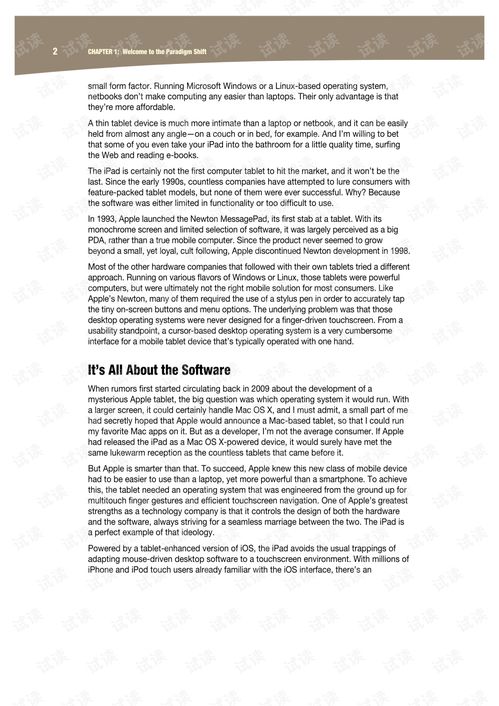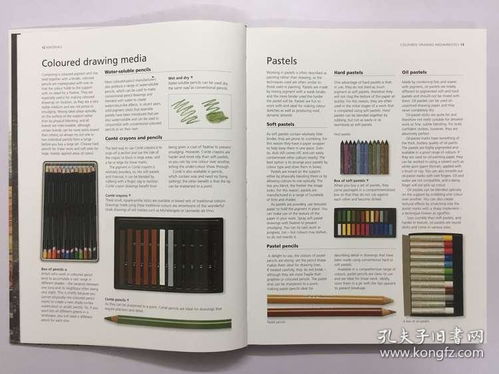Content:
Introduction: Fishing is an enjoyable pastime that requires patience, skill, and a bit of know-how. One of the most crucial aspects of fishing is preparing the bait, which can be a time-consuming task if not done efficiently. In this article, we will delve into some valuable tips and tricks to help you master the art of quick bait preparation, ensuring that you spend more time enjoying your fishing adventure and less time in the preparation process.
Choose the Right Bait: The first step in quick bait preparation is selecting the right type of bait. Different fishing environments and species require different baits. For instance, live bait like worms or minnows can be more effective in certain situations, while artificial lures may be more suitable in others. By understanding the preferences of the fish you are targeting, you can choose the appropriate bait and streamline your preparation process.
Pre-Moisten Your Bait: To speed up the bait preparation process, pre-moisten your bait. This can be done by soaking it in water or by using a bait wetter. Pre-moistening not only makes the bait more appealing to fish but also saves time by eliminating the need to constantly wet your bait during the fishing session.
Use a Bait Station: A bait station is a container designed to hold and organize your bait, making it easy to access and apply. By having a bait station, you can quickly grab the bait you need without searching through your tackle box. Some bait stations even come with compartments for different types of bait, further streamlining the process.
Keep Your Bait Fresh: Fresh bait is more likely to attract fish and increase your chances of a successful catch. To keep your bait fresh, store it in a cool, shaded area. If you are using live bait, keep it in a well-aerated container filled with water. This will help maintain the bait's vitality and extend its shelf life.
Learn to Use a Bait Binder: A bait binder is a sticky substance that can be applied to your bait to make it last longer and stay on the hook better. By using a bait binder, you can reduce the frequency of bait replacement and save time during your fishing trip. Apply the binder sparingly to avoid overloading your bait with the substance.
Master the Art of the Bait Cast: The way you cast your bait can greatly impact the effectiveness of your fishing. Practice casting techniques that allow you to present your bait naturally and attract fish. This will help you catch more fish and spend less time re-baiting your hooks.

Utilize Quick-Setting Baits: Quick-setting baits are pre-mixed and ready to use, requiring minimal preparation. These baits are perfect for those who want to spend more time fishing and less time preparing. While they may not be as effective as homemade baits in certain situations, they are a convenient option for those who prioritize speed over everything else.
Invest in a Quality Bait Knife: A sharp bait knife is essential for quick and efficient bait preparation. A dull knife can make the task more time-consuming and challenging. Keep your bait knife sharp and well-maintained to ensure smooth, effortless bait preparation.
Learn to Skewer Bait: Skewering bait can be a quick and effective way to present it to fish. By threading your bait onto a skewer, you can easily apply it to your hook without the need for additional adhesives or binders. This method is particularly useful for live bait, such as shrimp or crayfish.
Practice, Practice, Practice: Like any skill, the art of quick bait preparation takes practice. Spend time honing your techniques and familiarizing yourself with various bait types and preparation methods. The more you practice, the more efficient you will become, leading to a more enjoyable and productive fishing experience.
Conclusion: Quick bait preparation is a valuable skill that can significantly enhance your fishing experience. By following these tips and tricks, you can streamline your bait preparation process, save time, and increase your chances of success on the water. Remember to always prioritize the quality of your bait and adapt your techniques to the specific fishing environment and species you are targeting. Happy fishing!












